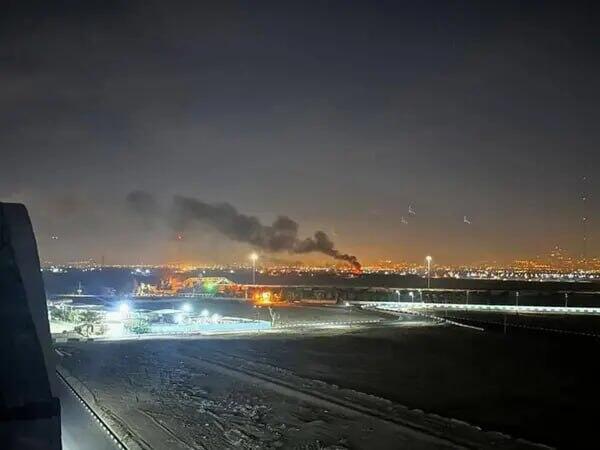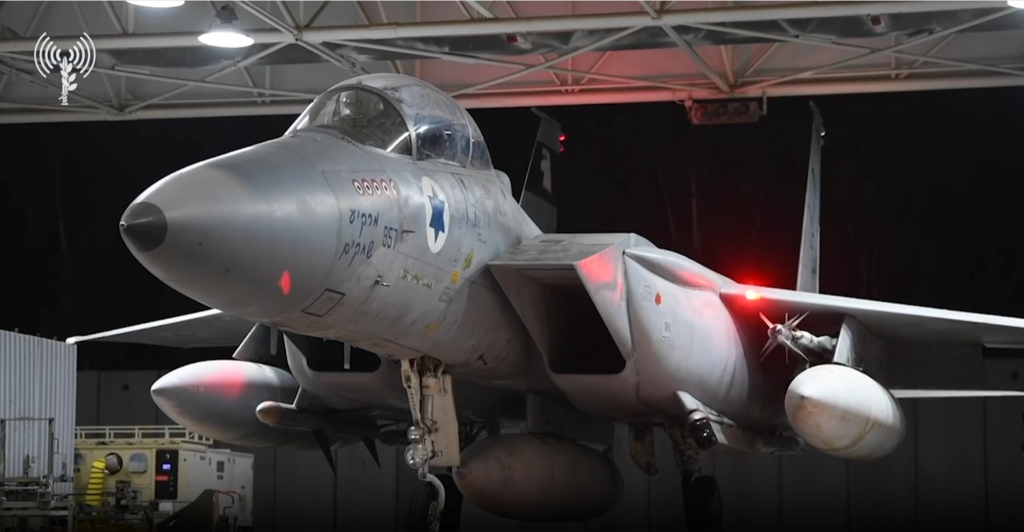Getting your Trinity Audio player ready...
Israel targeted an Iranian solid-fuel plant crucial to the production of Kheibar and Qasem ballistic missiles, which were fired at Israel earlier this month, Saudi news site Elaph reported on Saturday, citing an informed source.
According to the Saudi news outlet, which often receives security information from Israel, the strike is said to have taken the facility completely offline, destroying around 20 heavy fuel mixers, each worth an estimated $2 million. Sources familiar with Iran’s missile industry told Elaph that the facility will likely require at least two years to resume operations.
Solid-fuel missiles, produced using these mixers, allow greater precision and defense advantages by avoiding the need for visible refueling seen with liquid-fuel systems. The solid-fuel propulsion improves both strike accuracy and durability, offering precision within a meter and increasing resilience against interception.
Earlier, The New York Times reported that Israel targeted a "critical component" in Iran’s long-range missile production facilities. Israeli sources described the strike on Iran's surface-to-surface missile production facilities as a “strategic blow” that would severely hamper Tehran's missile manufacturing capabilities for years to come
“With the added damage to Iran’s air defense systems, the message is clear,” an Israeli official familiar with the strike said Saturday evening, warning that any Iranian retaliation “risks an even stronger response, with weakened defenses that leave them vulnerable.”
Struck with US coordination
An official reported that the Israeli strike was coordinated with the United States, targeting missile production sites rather than oil or nuclear facilities, per a U.S. request. “Both countries agreed on strategic military targets,” the official said, adding that the operation weakened Iran’s missile production and complicated its ability to supply weapons to Russia for its war in Ukraine.
Despite reports that Arab and European nations issued warnings to Tehran, Israel refrained from notifying Iran ahead of the strike. The operation included three waves targeting surface-to-surface missile factories, a move the official described as a “strategic blow” and a clear message that “the fear of Iran has ended.”
Israeli Air Force jets take off for precision strike in Iran
(Video: IDF Spokesperson’s Unit)
Iran responded by downplaying the impact, though Israeli officials claim the strike caused severe damage to Iran’s air defenses and ballistic missile capabilities.
Another senior Israeli source noted, “Israel’s intelligence and Air Force operated in Iran as they saw fit, leaving Iran’s leadership to face the new reality.” The official also remarked that while Israeli public opinion often expects dramatic displays, the high level of U.S.-Israeli cooperation on security matters weighed heavily on operational decisions.
The Security Cabinet unanimously approved the operation in a one-hour phone meeting, with National Security Minister Itamar Ben-Gvir emphasizing that “this strike is an opening move against Iran’s strategic assets, a necessary step to counter the Iranian threat to Israel.”
Get the Ynetnews app on your smartphone:







